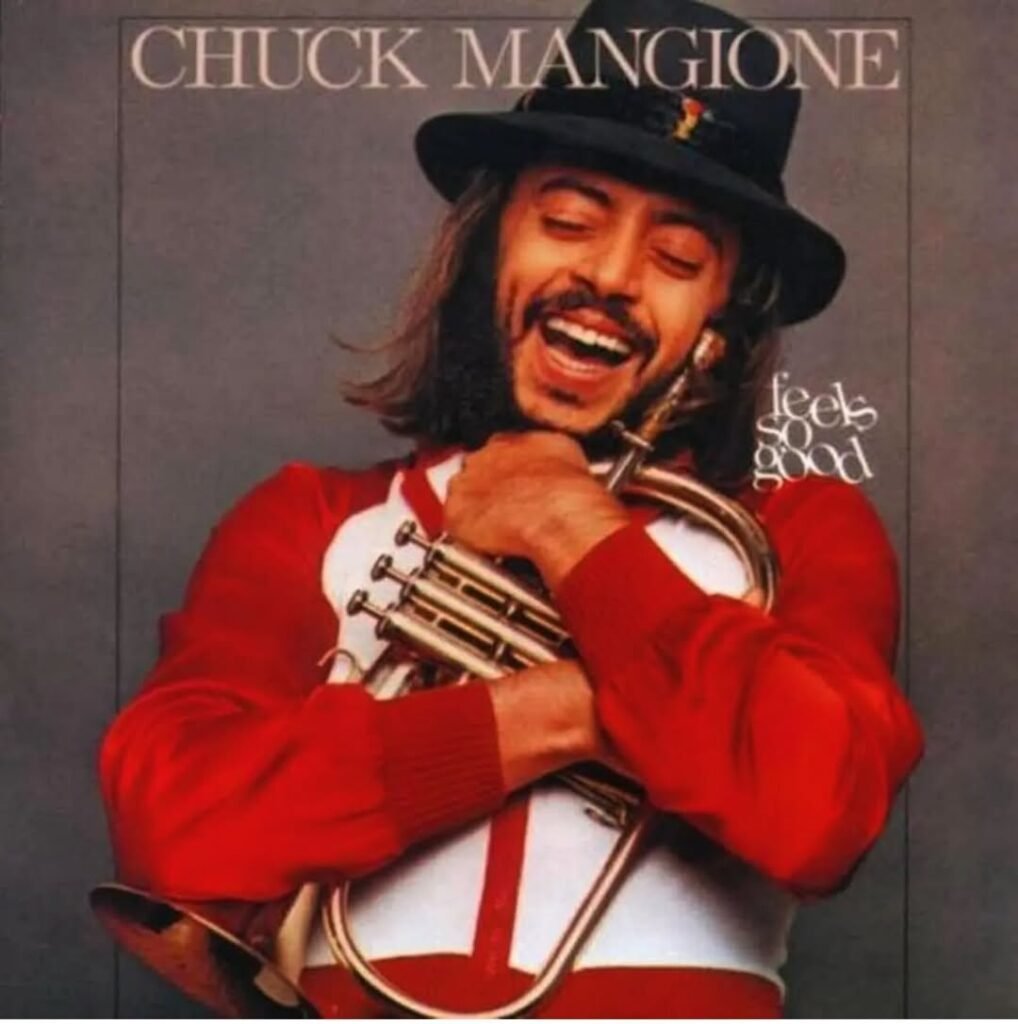Britain’s relationship with jazz has always been marked by periods of devotion and rediscovery. In July 2025, music lovers across the UK found themselves revisiting the work of Chuck Mangione, the American flugelhornist, as news of his death reverberated through concert halls, radio waves, and social media feeds. Best known for his smooth jazz classic “Feels So Good,” Mangione’s passing at the age of 84 prompted a widespread appreciation of a career that spanned six decades and bridged cultures.
Early Life and Musical Beginnings
Charles Frank “Chuck” Mangione was born on 29 November 1940 in Rochester, New York, to Italian-American parents with a deep love of jazz. His upbringing in a family-run grocery store with music in the background led him toward the trumpet at an early age. He initially trained on piano but switched instruments after being inspired by the film Young Man with a Horn starring Kirk Douglas.
By his teenage years, Mangione was already performing alongside his brother Gap, a pianist, in their group The Jazz Brothers. Their work caught the attention of legends like Dizzy Gillespie, who became a mentor and gifted Chuck one of his trumpets when Mangione was just fifteen.
The Rise to Jazz Stardom
Mangione’s formal training was shaped at the Eastman School of Music, a prestigious institution in Rochester where he would later also teach. After graduation, his first major step into professional jazz came when he joined Art Blakey’s Jazz Messengers in the mid-1960s. This period sharpened Mangione’s skills and network among jazz’s titans.
In the early 1970s, Mangione began to develop his signature style—a warm, melodic sound on the flugelhorn, combining jazz improvisation with pop accessibility. This blend would become his calling card and bring jazz audiences together with casual listeners.
The Feels So Good Phenomenon
The late 1970s marked Mangione’s commercial breakthrough. His track “Feels So Good,” released in 1977, soared to number four on the Billboard Hot 100 and topped the US Adult Contemporary chart. The song’s instantly recognisable melody was described as one of the happiest in music and earned Mangione an indelible place in pop culture. In the UK, it found regular rotation on jazz, easy listening, and late-night radio, helping to introduce new listeners to instrumental jazz.
Mangione’s warm flugelhorn tone, inviting hooks and improvisational flair resonated around the world. The album Feels So Good achieved double-platinum status and cemented his transition from jazz virtuoso to international star.
Awards, Accolades and Classic Albums
Mangione’s discography boasts more than thirty albums, often blurring boundaries between genres. Over his career, he received fourteen Grammy nominations, winning twice—first for “Bellavia” in 1976 and again for the soundtrack to Children of Sanchez in 1979. The latter also earned a Golden Globe nomination for its cinematic sweep.
His compositions “Chase the Clouds Away” and “Give It All You Got” became themes for the Olympic Games in Montreal (1976) and Lake Placid (1980) respectively, beaming his uplifting, accessible sound to millions of viewers worldwide.

Pop Culture Impact and Later Career
Chuck Mangione’s success extended beyond the charts. His music featured in films (including Marvel’s Doctor Strange) and television, but perhaps the most memorable pop culture crossover for younger audiences was his recurring, self-deprecating guest role on the long-running animated sitcom King of the Hill, where he voiced a caricature of himself. The UK, long attuned to US TV exports, took to the quirkiness of Mangione’s appearances, which helped solidify his legacy with a new generation.
Mangione’s reputation for warmth wasn’t only musical. He was renowned for meeting fans after performances, signing autographs long into the night, and sharing stories. Tributes shared after his passing highlighted his down-to-earth nature and the genuine joy he radiated onstage.
Influence on Jazz and British Music Scenes
The UK jazz press regularly cited Mangione as a gateway artist, someone whose work was often a starting point for younger fans exploring improvisational music. His fusion of pop, funk, and jazz inspired British bands in the 1980s and 1990s, echoing through acid jazz, the easy listening revival, and beyond.
The British jazz scene, centred on iconic venues like Ronnie Scott’s, embraced Mangione’s approach. UK artists such as Courtney Pine and Jamie Cullum often reference the importance of melodic accessibility in making jazz relevant, a principle Mangione championed throughout his career.
Recognition, Retirement, and Passing
Mangione’s later years were marked by honours and retrospectives. He was inducted into the Rochester Music Hall of Fame in 2012, a fitting tribute in his hometown. He retired from performing in 2015, and dedicated his remaining years to teaching and mentoring young musicians.
On 22 July 2025, Chuck Mangione died peacefully at home. The news was met with widespread tributes from the international jazz community, British radio hosts, and fans. His music, particularly “Feels So Good,” experienced a renewed run on streaming platforms as audiences old and new remembered his lasting appeal.
Conclusion:
Chuck Mangione’s contributions endure in UK radio playlists, jazz education, and film soundtracks. His effortless blend of jazz improvisation with pop’s melodic lines made him both a critical darling and a household name. For many in the UK, his influence was felt far beyond his hits. He opened doors, started musical conversations, and showed that joy and technical wizardry could exist in perfect harmony. As tributes flow in from every corner of the globe, Mangione’s spirit—embodied in that soaring melody—lives on, reminding us that sometimes music’s real magic lies in its ability to bridge worlds.
Read More: River Island: UK Fashion Chain’s Fight for Future

